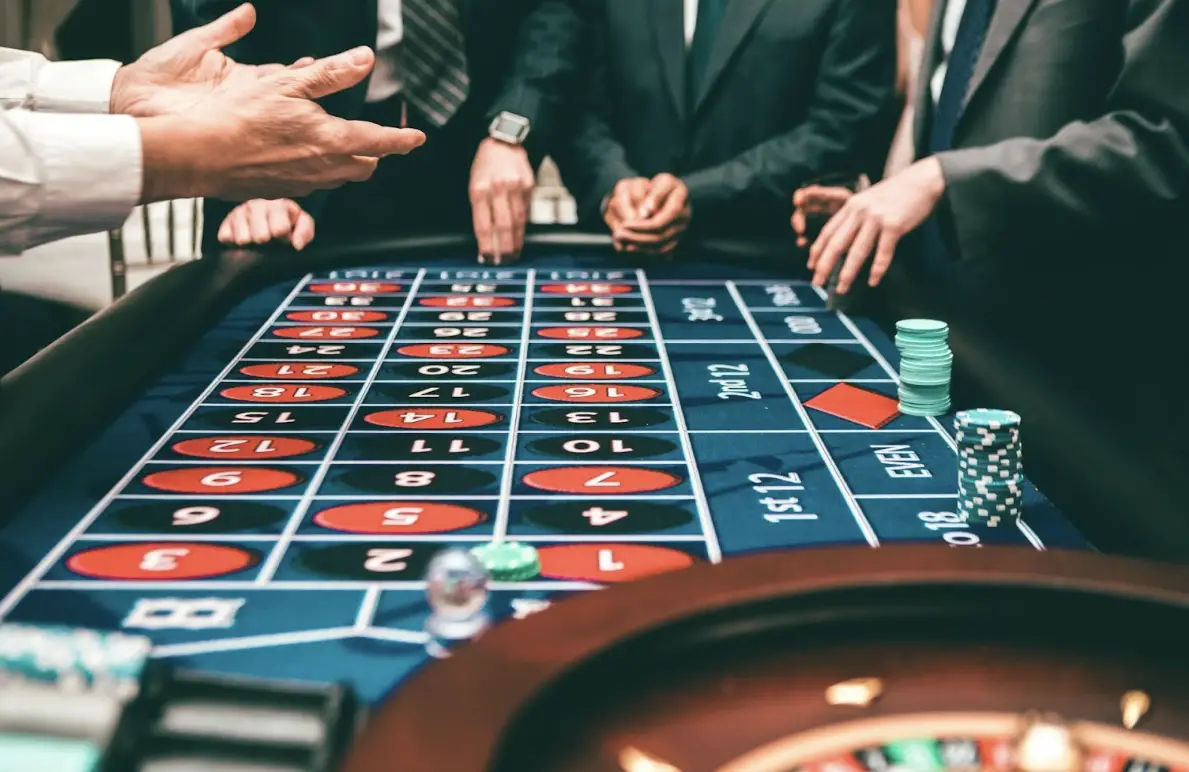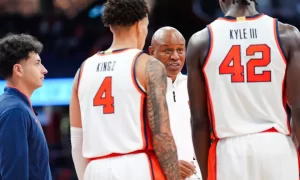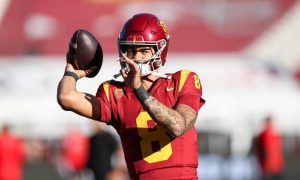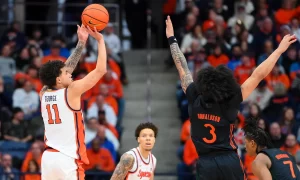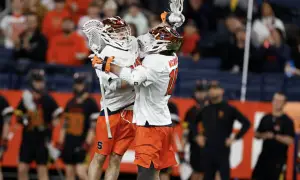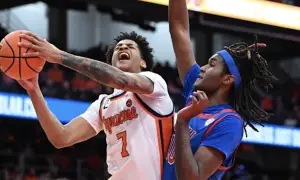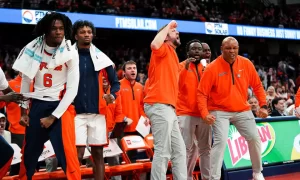Way back in 1877, there was a National League baseball team called the Louisville Grays. Several players on that team gave into the temptation of throwing games for money. In the aftermath, four players were banned for life and the Grays folded. This was over 40 years before the infamous Black Sox scandal of 1919. This type of thing is nothing new to professional sports.
The NBA and NFL have both experienced several notable gambling scandals. Perhaps the most outrageous NBA scandal happened when it was revealed that referee Tim Donaghy was gambling on games that he was officiating. Alex Karras and Paul Hornung – two NFL Hall of Famers – were suspended for the entire 1963 season for betting on NFL games.
All of these examples have one thing in common. They all involve shady sports gamblers trying to manipulate outcomes. This is why major leagues like the NFL and NBA have instituted such stringent gambling rules. But, how do these gambling policies affect players and teams in terms of casino gambling? It’s a wildly popular pastime these days – and it’s shifting more and more into the online space. Tons of people are spending their downtime at PayPal or Neosurf casinos, where you can use these and other e-wallets to access a huge variety of games on the go.
So what happens when a pro athlete wants to join in? Maybe they’re playing blackjack on their phone mid-flight after a road game, or hitting the casino floor to play a few poker hands – how do teams and coaches feel about that?
NFL
The NFL gambling policy as it pertains to casino gambling is quite clear. Players cannot engage in casino games or card games involving money at any team facility. This extends to travelling for road games and staying at team hotels. So, those poker games on team flights are now a no-no unless there isn’t any actual betting going on. As soon as risking anything of value enters the equation, the game has crossed the line.
Players are also given clear guidance on these rules. Every season, they go through in-person training sessions where league officials or former players walk them through what’s allowed and what’s not, especially when it comes to casino gaming during team-related activities.
This isn’t to say that NFL players can’t play casino games at land-based or online venues. They can, as long as it happens on their own time and not at a team facility. Whereas several NFL players have been suspended or banned for sports betting in recent years, none have faced discipline for casino gaming.
NBA
The NBA’s rules aren’t quite as specific as the NFL’s when it comes to casino games. The focus is mostly on banning sports betting, and there’s no direct mention of gambling at the poker table or playing blackjack for cash. Some teams, though, set their own boundaries. For example, the New Jersey Nets have banned all in-flight gambling on the team plane.
In general, players are discouraged from gambling on team property, but that doesn’t mean it never happens. During long flights, card games like Booray sometimes get serious. One player recalled seeing $300,000 in play. Others described teammates betting $100 per hand, with some losing $10,000 to $15,000 on a single cross-country trip. One even watched someone bring a bag with $250,000 in cash – and lose it all.
Just like in the NFL, NBA players are not barred from visiting casinos or playing at online casinos in their free time. And so far, no player has ever faced disciplinary action for casino-style gambling.
Conclusion
Gambling policies across North American sports leagues do vary slightly, but they all agree on one thing: players shouldn’t be playing casino games or card games for money at stadiums, on team planes, or anywhere else tied to team activity. That said, casino gaming is perfectly fine in a player’s personal time, whether it’s at a land-based venue or online, as long as it’s done responsibly.
To make sure everyone’s on the same page, players also go through mandatory training sessions that explain the rules clearly. All team facilities have plenty of signage warning of the consequences of breaking these rules. Even player agents participate in gambling policy education.


